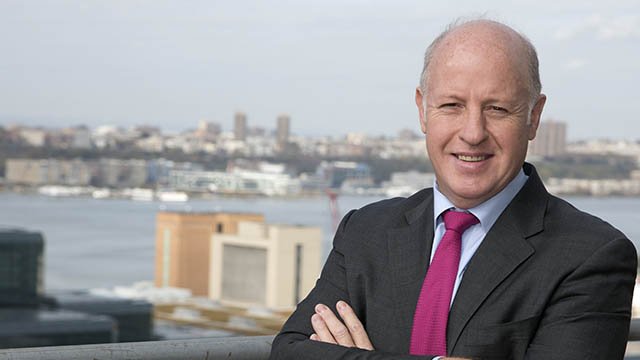Originally published in GM Watch.
Expressions of outrage and incredulity have greeted the announcement that Peter Daszak, president of EcoHealth Alliance, has been chosen to lead a Task Force that will examine the possibility that Covid-19 could have emerged from a lab, as part of an investigation into the origins of the virus.
Daszak has promised to undertake the investigation “with an open mind”. But this is hard to imagine, given his previous dismissals of suggestions that SARS-CoV-2 could have leaked from a lab as “preposterous”, “baseless”, “crackpot”, “conspiracy theories” and “pure baloney”.
Misinformation super-spreader
Daszak’s investigation forms part of the work of the Lancet Covid-19 Commission – a body launched in July to look at the handling of the pandemic and “offer practical solutions”. In a statement, the Commission said it was “extremely important that the research into the origins of SARS-CoV-2 should proceed … in a scientific and objective way that is unhindered by geopolitical agendas and misinformation”.
But Daszak himself is considered a misinformation super-spreader by critics like Rutgers University microbiologist Richard Ebright, who has accused him of lying “on a Trumpian scale”, and the evolutionary theorist Bret Weinstein who has labelled him “Patient Zero for misinformation” on the origins of Covid-19.
A 100-million-dollar-plus conflict of interest
There is also the issue of conflicts of interest. Although Daszak declared in The Lancet that he has “no competing interests” on Covid-19, and likewise told the Washington Post he has “no conflicts of interest”, Alina Chan, a molecular biologist at the Broad Institute, points out that he is a “long-time friend, collaborator and funder of the Shi lab” – the Wuhan Institute of Virology (WIV) lab led by Shi Zhengli that is most often identified as the probable source of any lab leak.
In fact, Daszak’s EcoHealth Alliance has helped finance both the WIV’s bat coronavirus surveillance and its bat coronavirus gain-of-function research (research aimed at making a virus more infective), with the help of multi-million dollar grants from the US government. This, of course, means Daszak’s own activities are material to the subject he is investigating: the origins of a bat-derived coronavirus pandemic that broke out in the very city to which he helped lab workers bring bat coronaviruses for storage, analysis and experimentation.
As Richard Ebright has noted, “For persons who were directly involved in funding, promoting, and/or performing bat coronavirus research and bat coronavirus gain-of-function research at WIV, avoiding a possible finding of culpability for triggering a pandemic is a powerful motivator.” And Daszak would be at the very top of the list of those involved in funding, promoting and collaborating in that research.
More broadly, as Ebright also notes, Daszak’s EcoHealth Alliance has received over $100 million in funding from US government agencies for a variety of virus surveillance and virus gain of function work – the kind of work that could be brought into serious question if Daszak found any evidence it contributed to causing the pandemic. Read more here.


